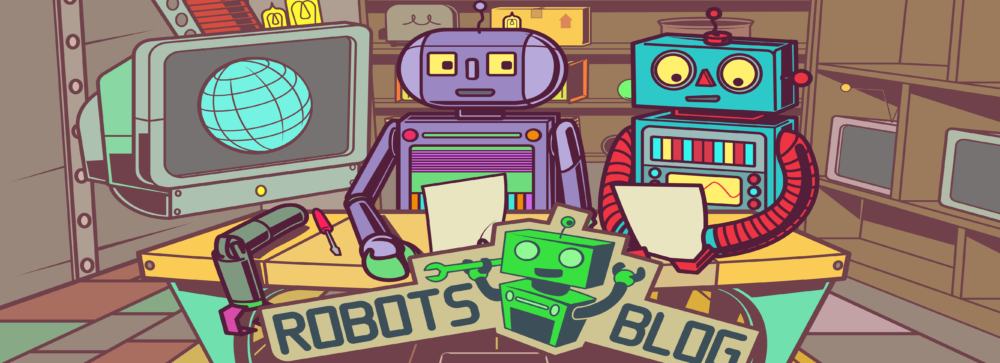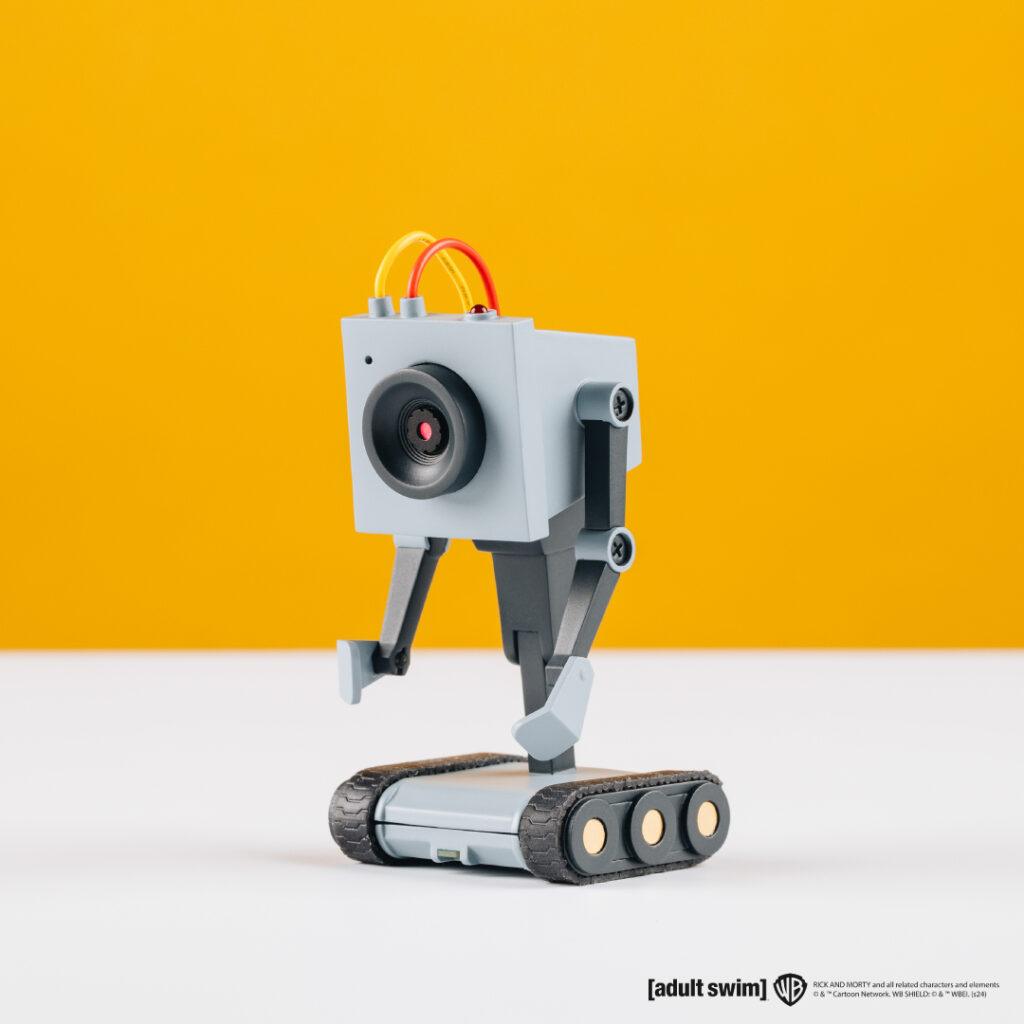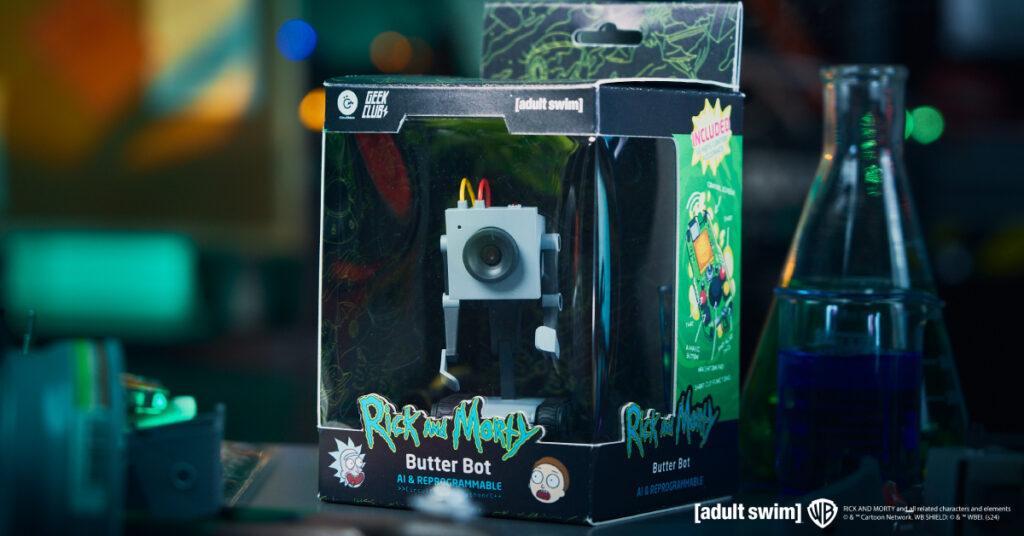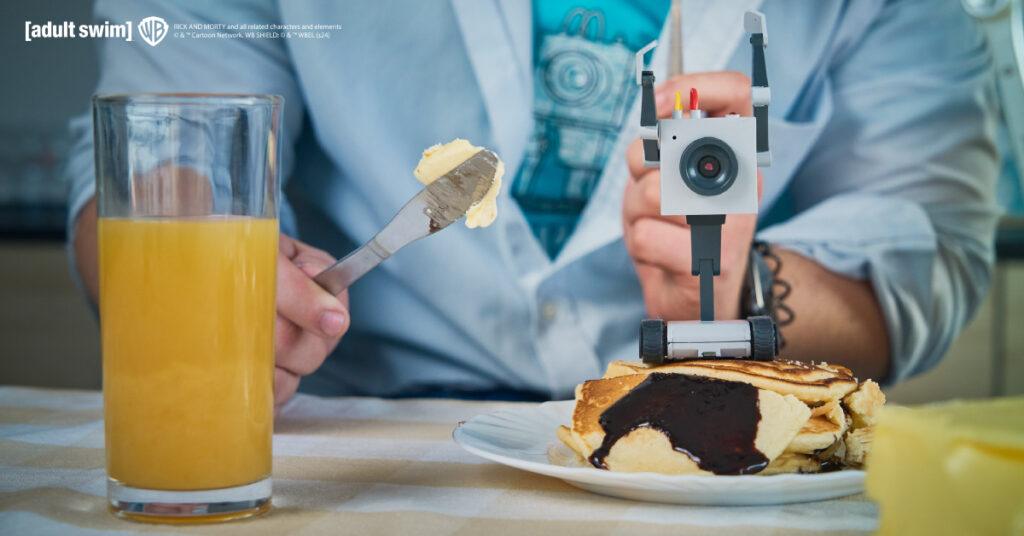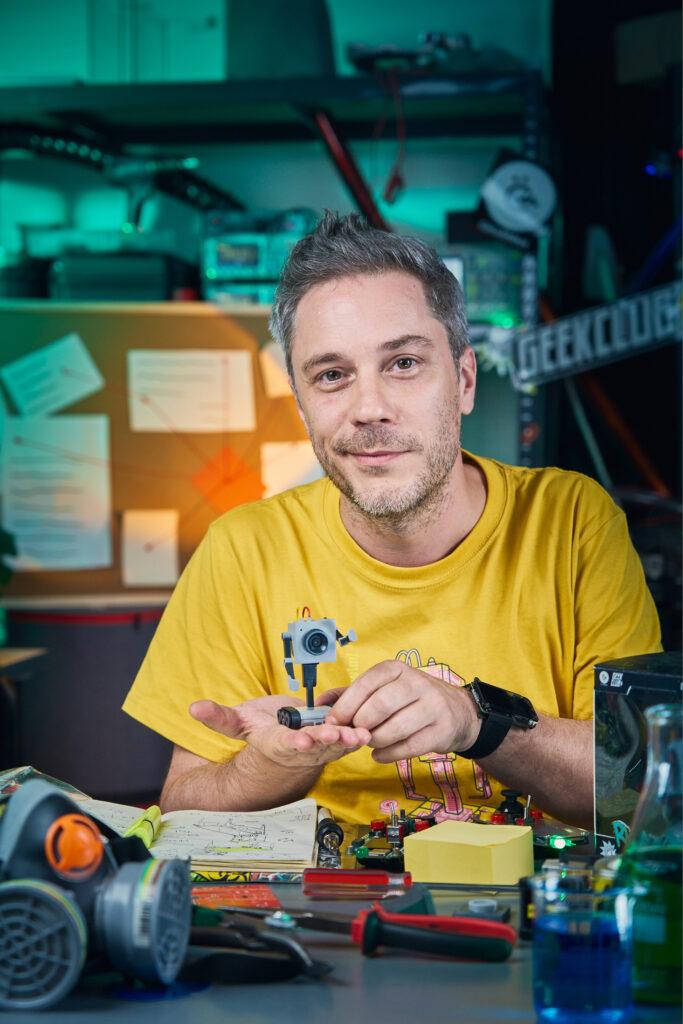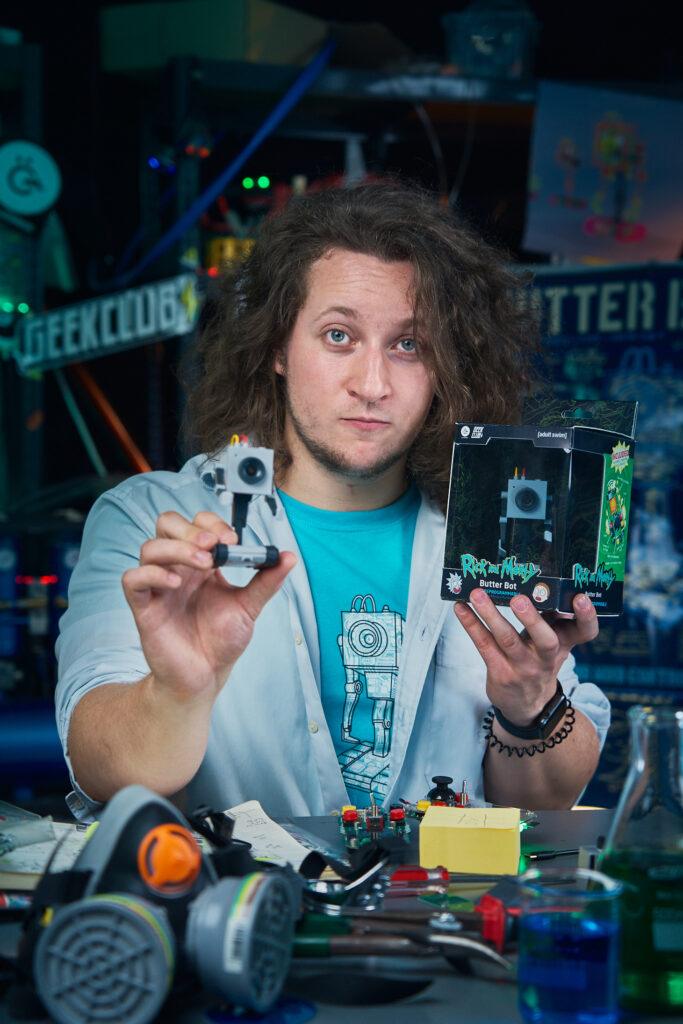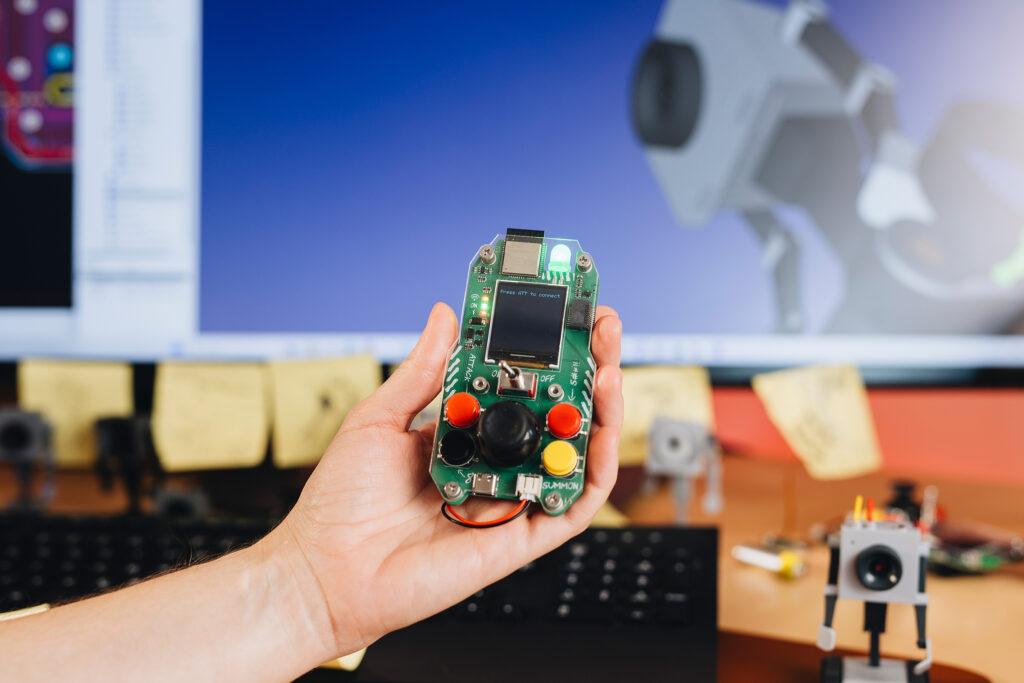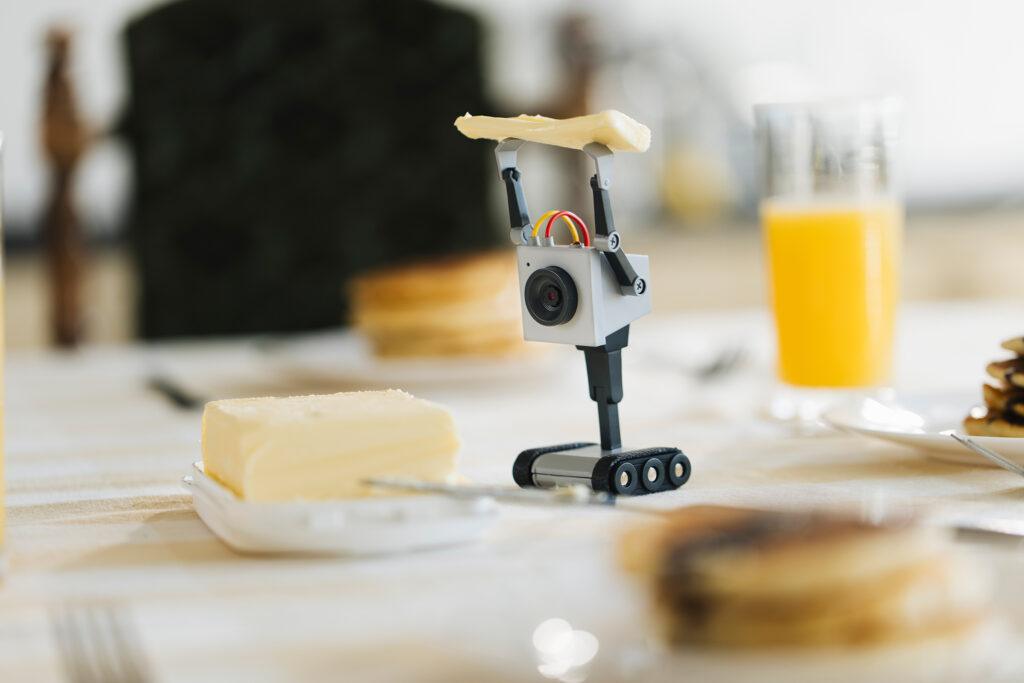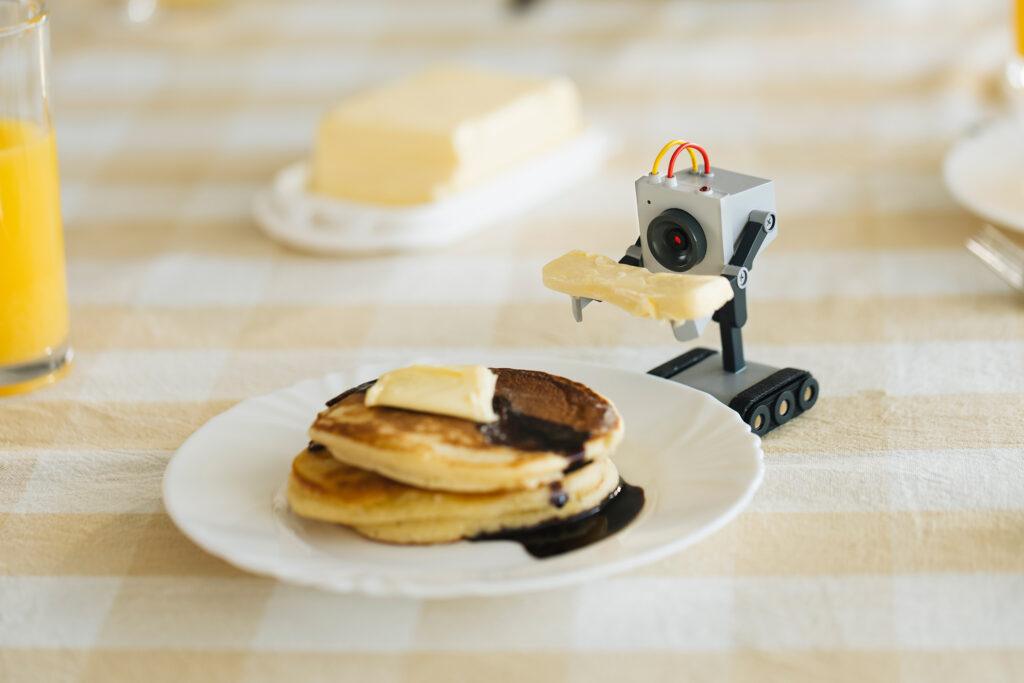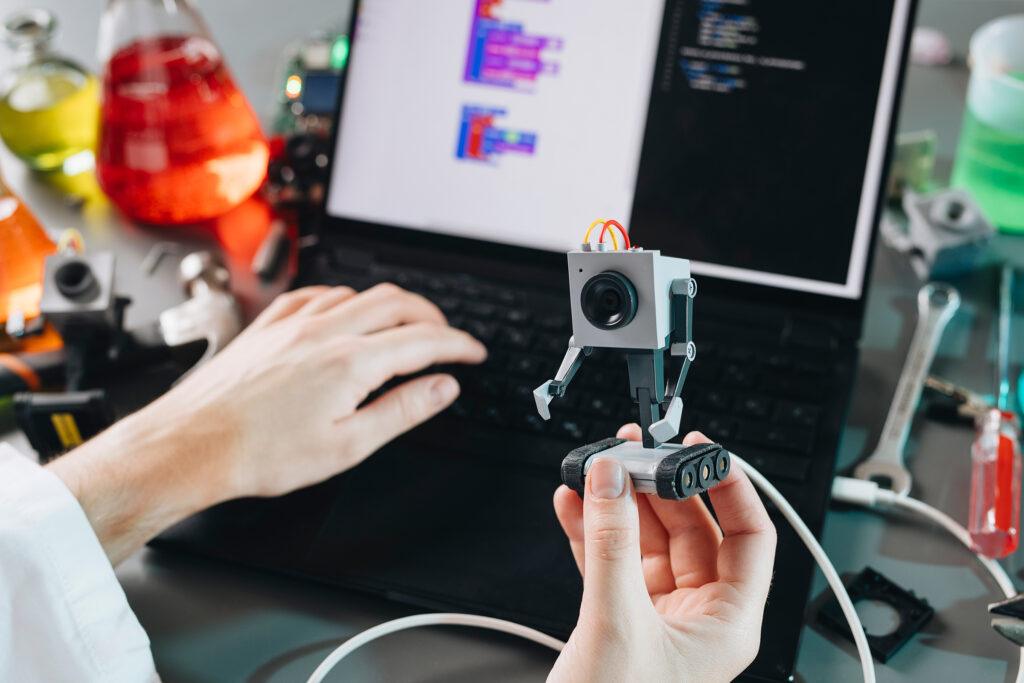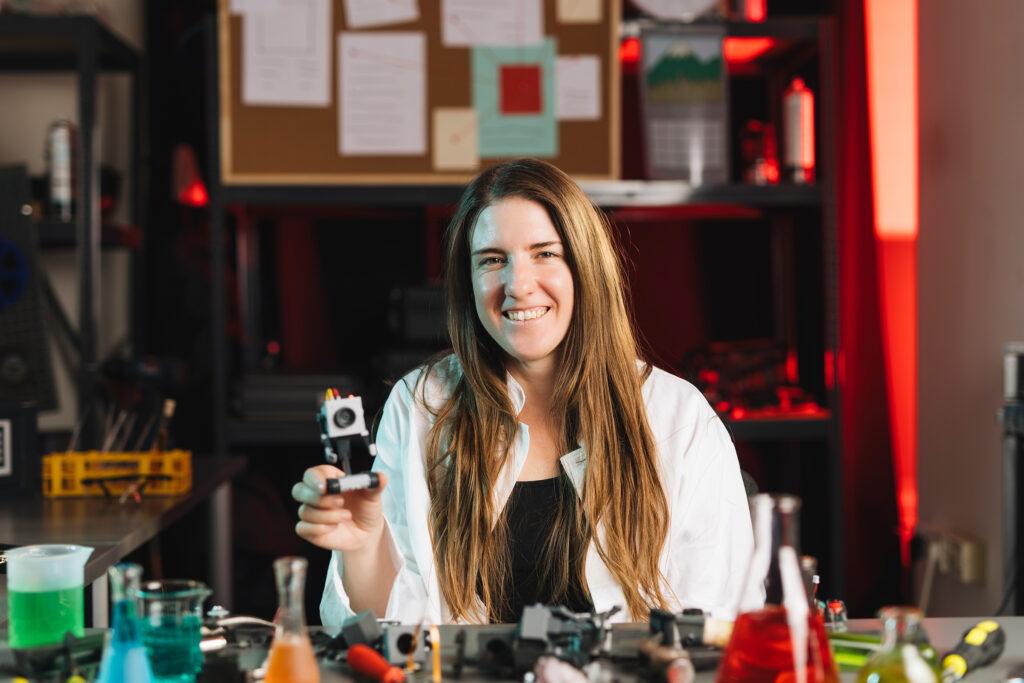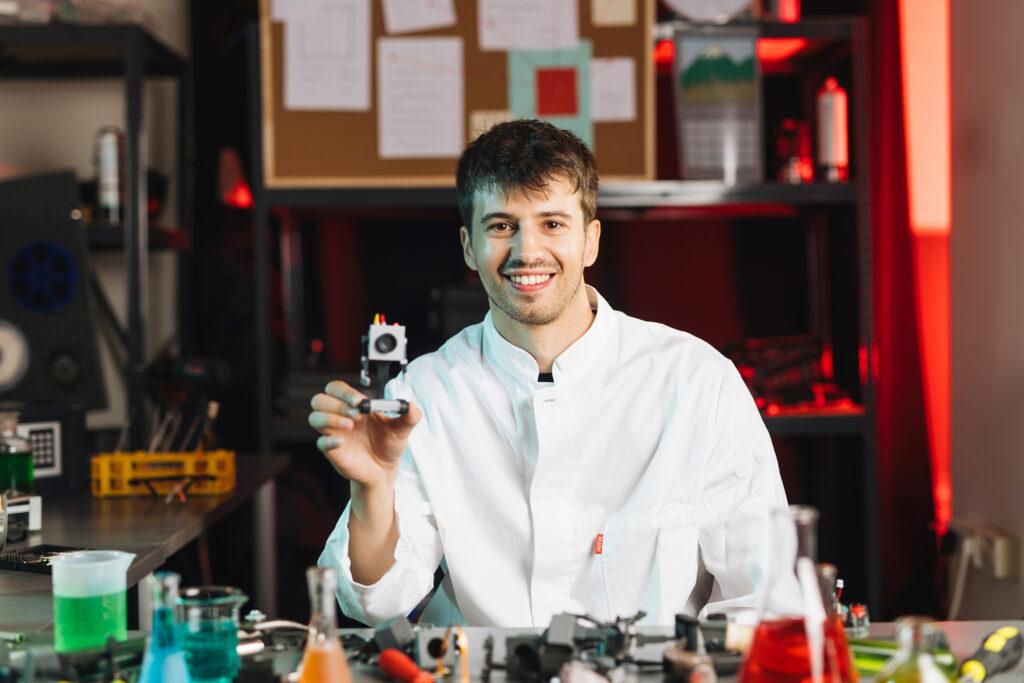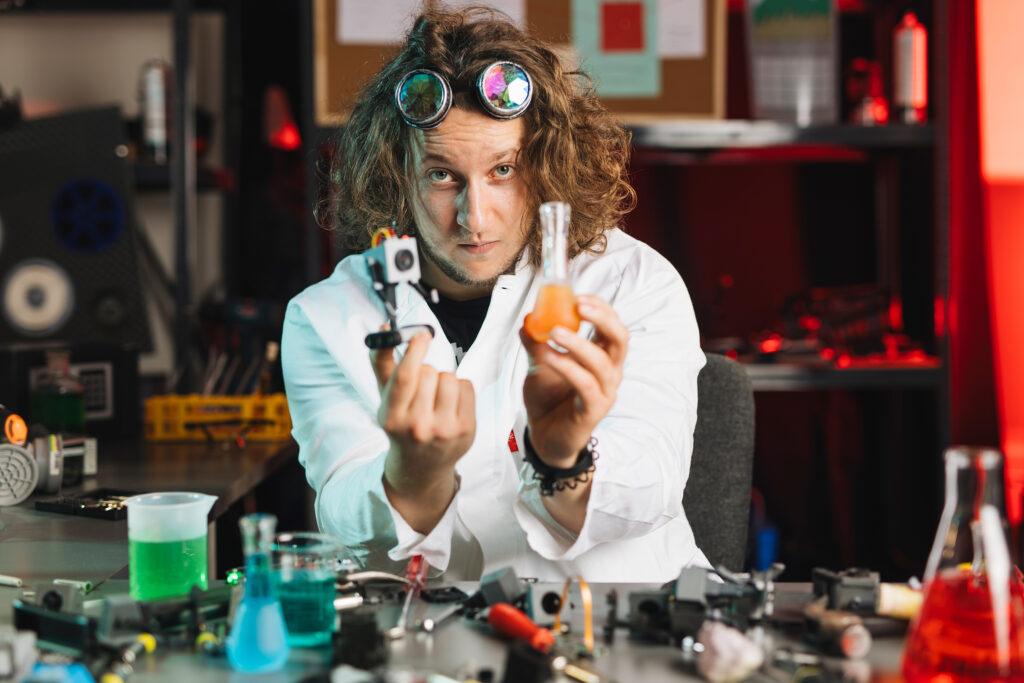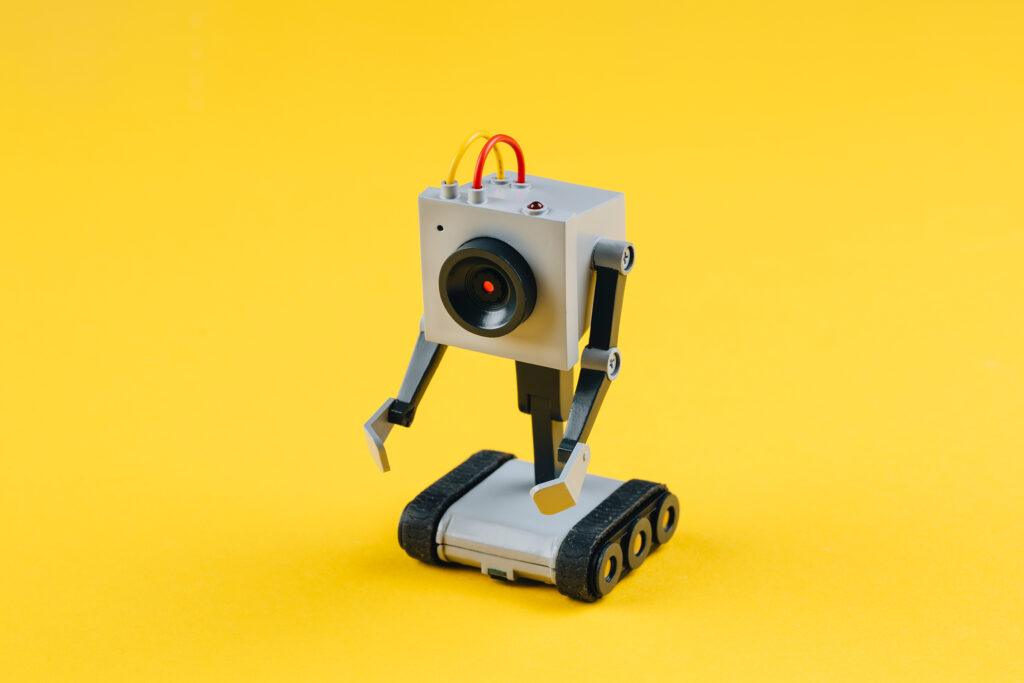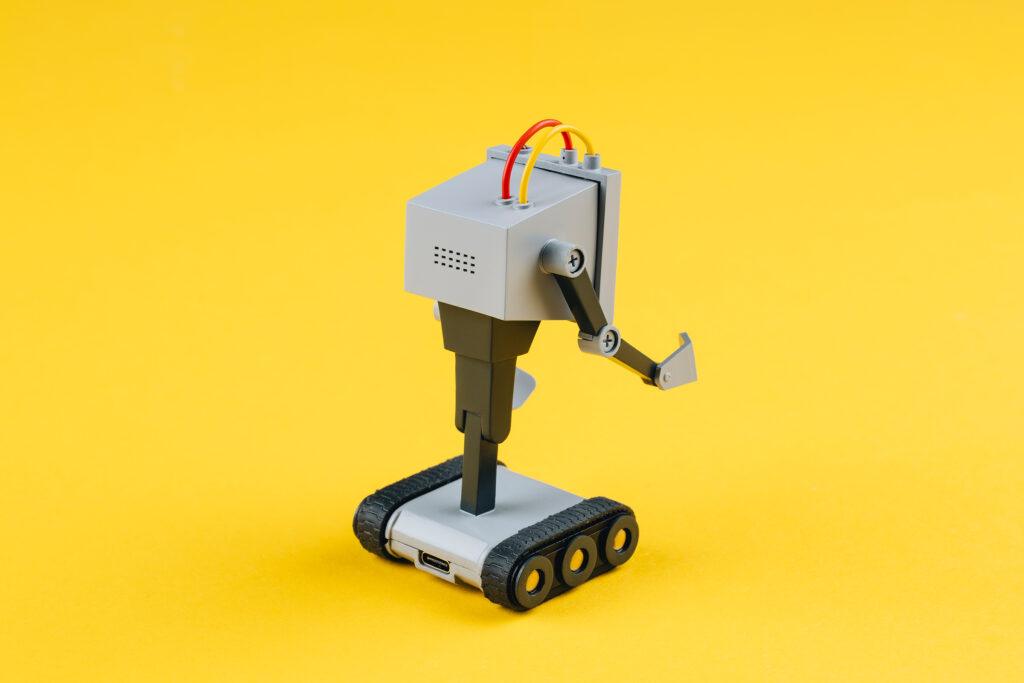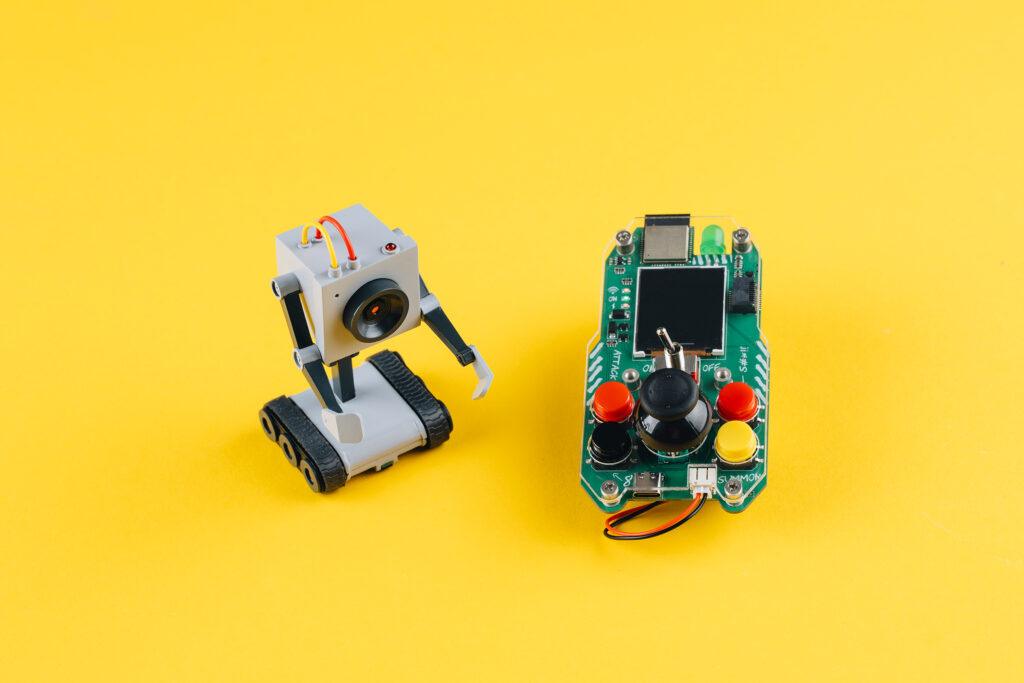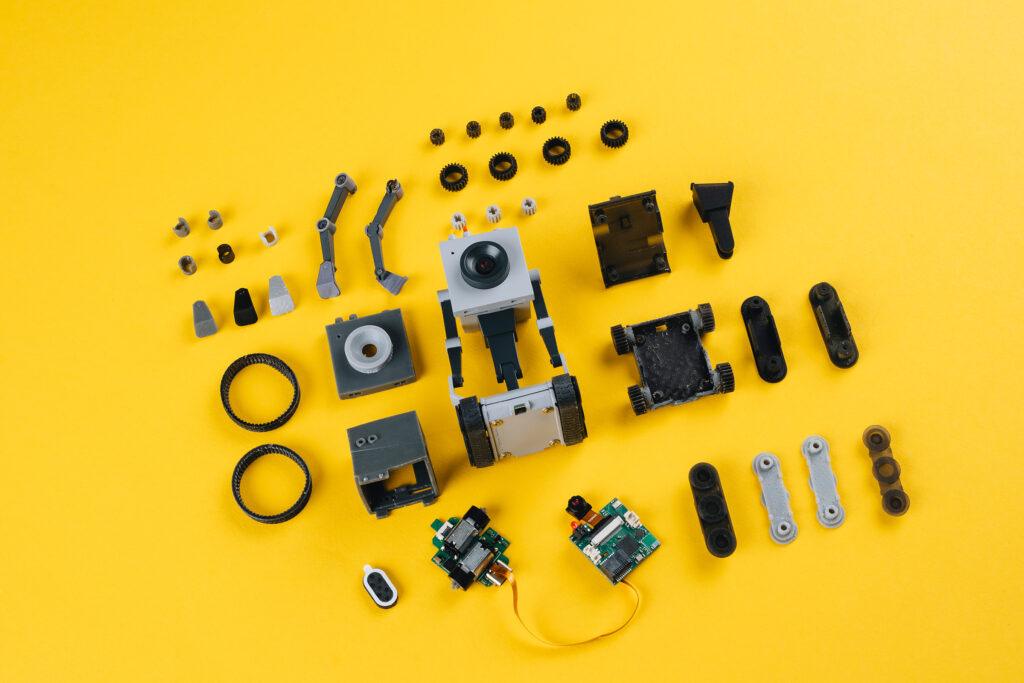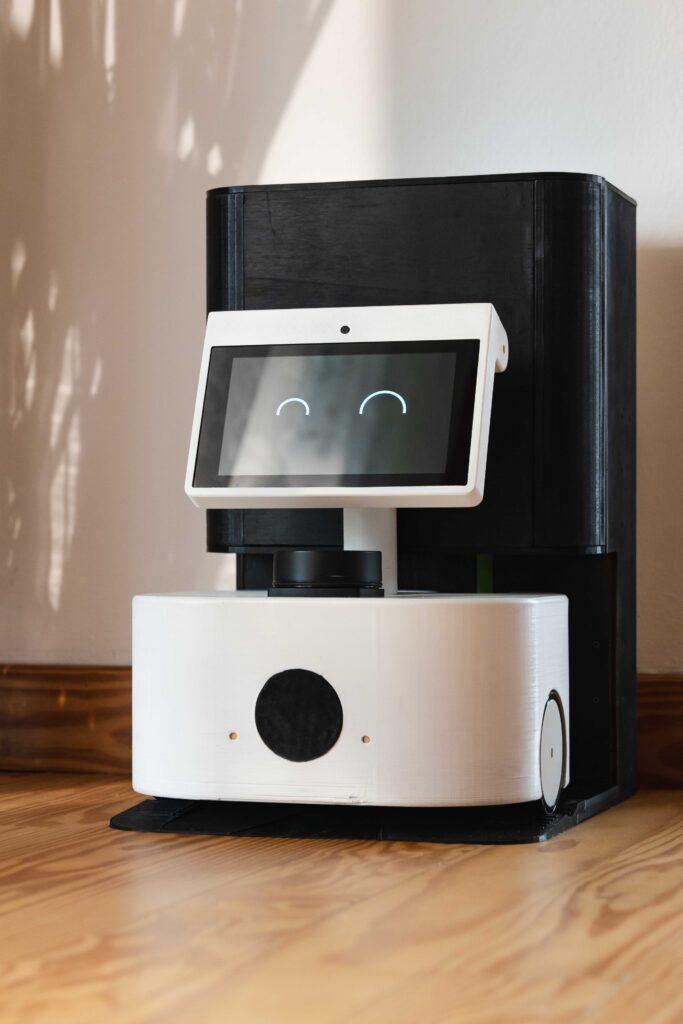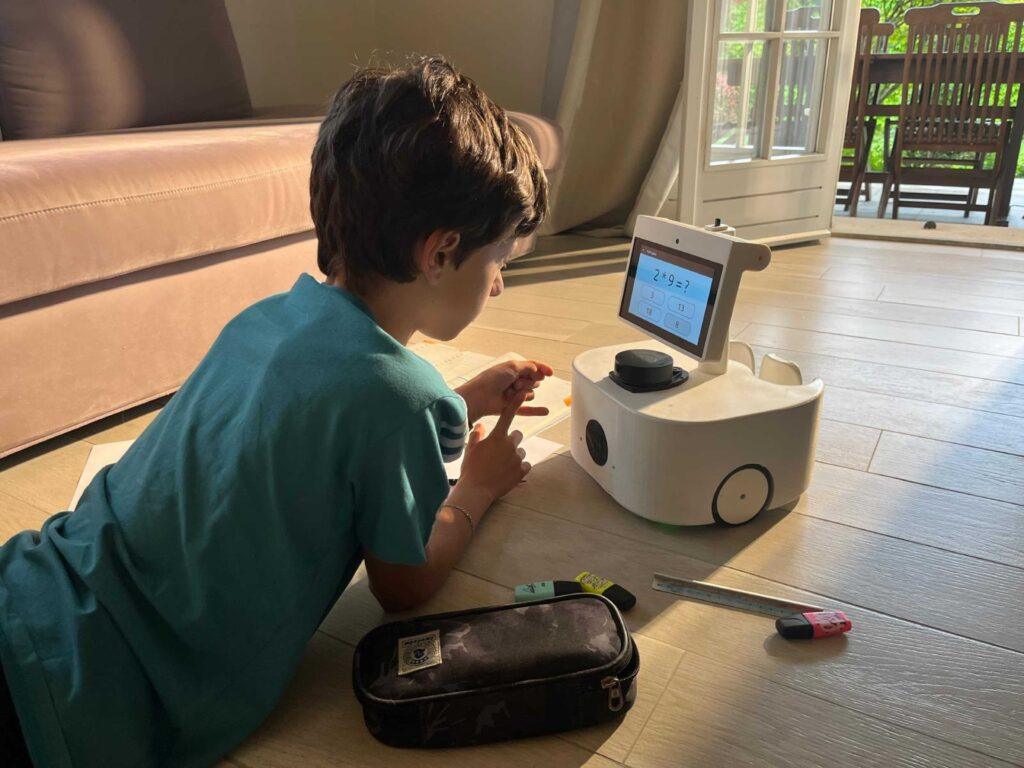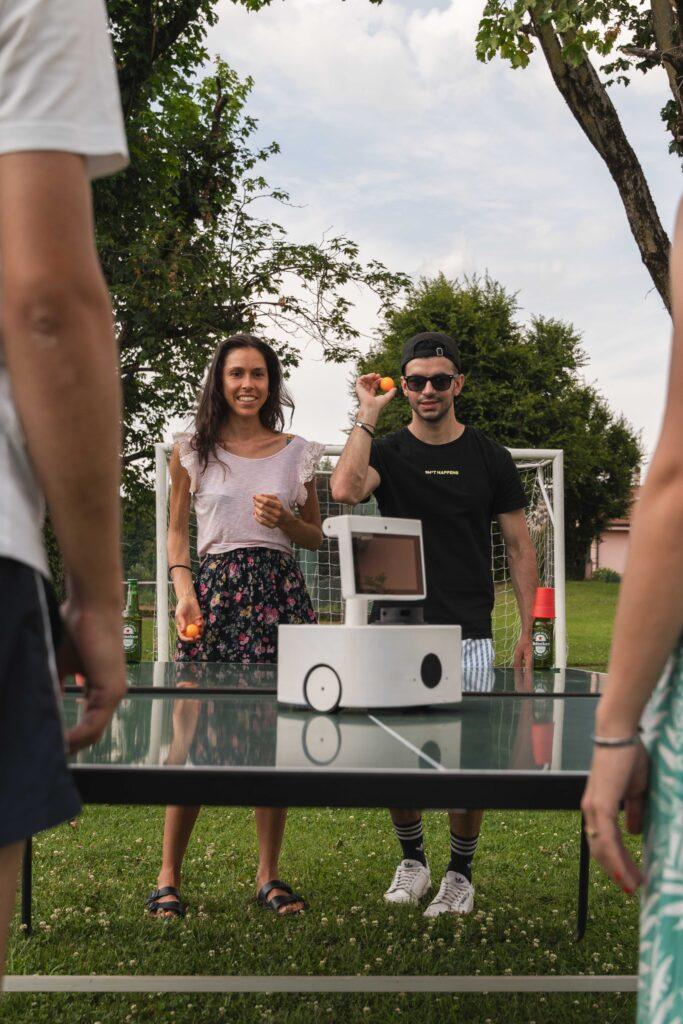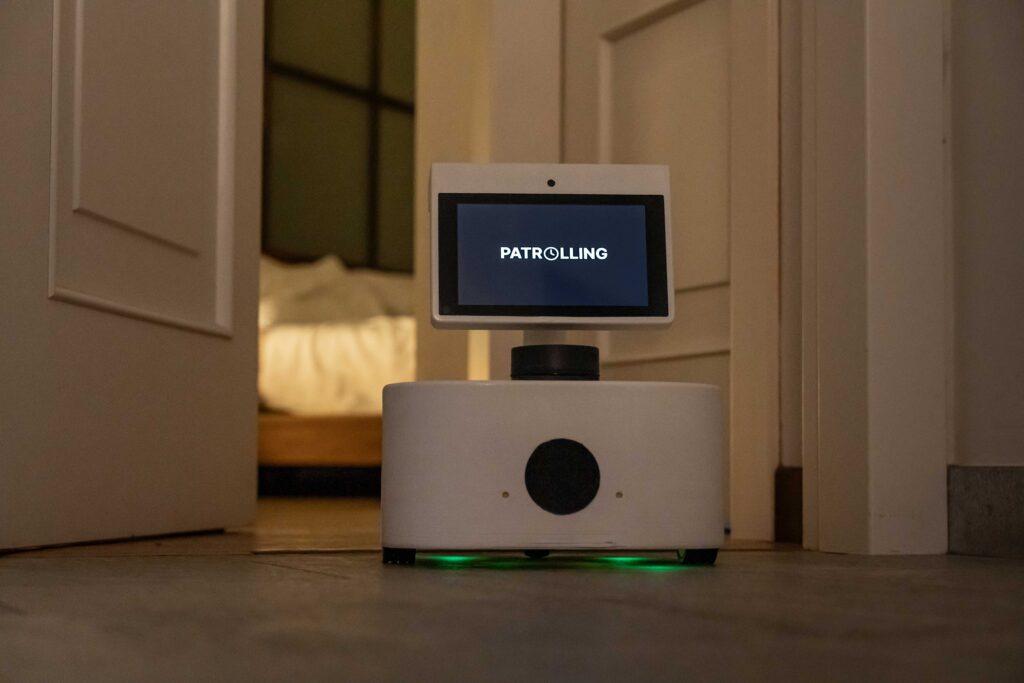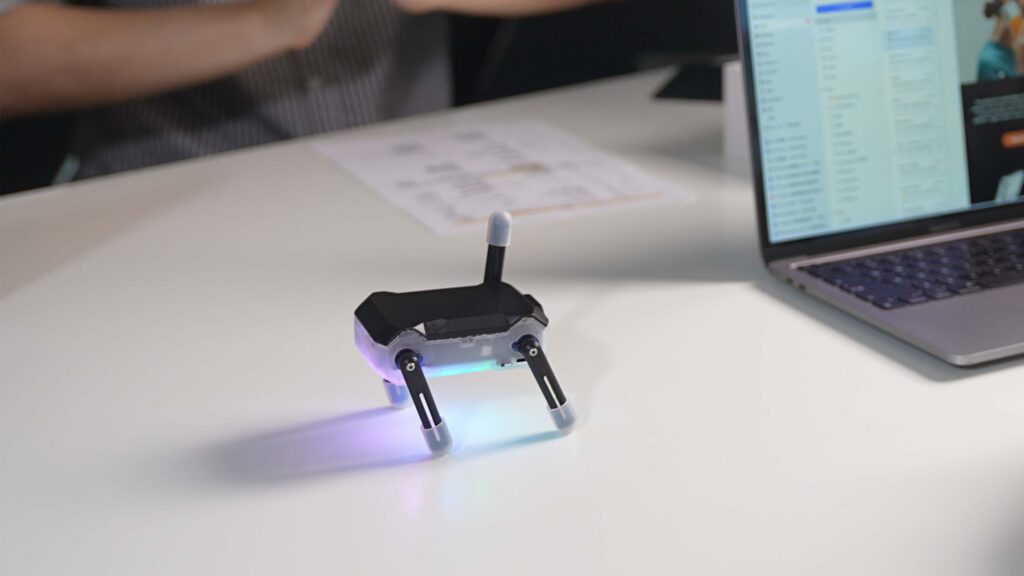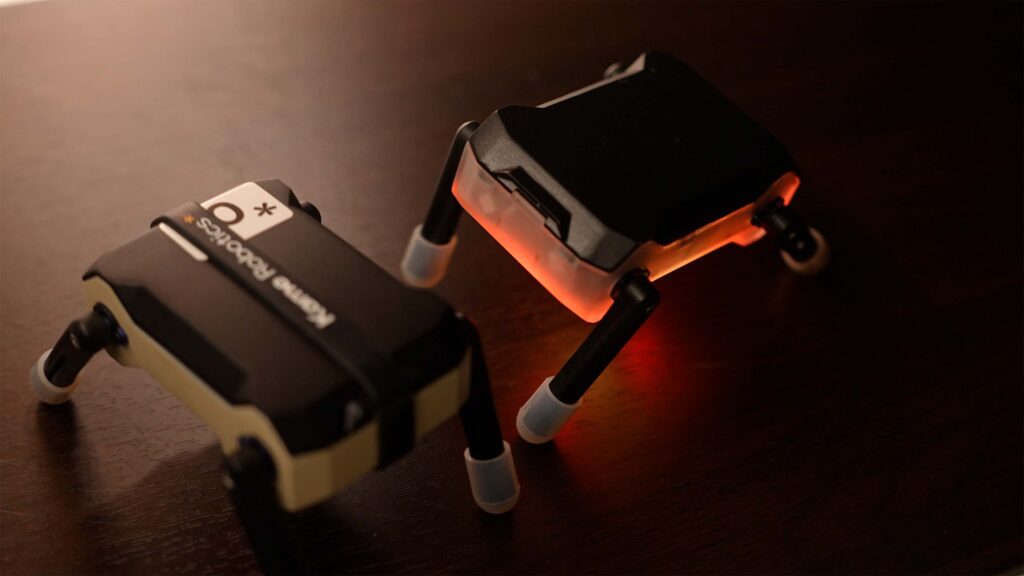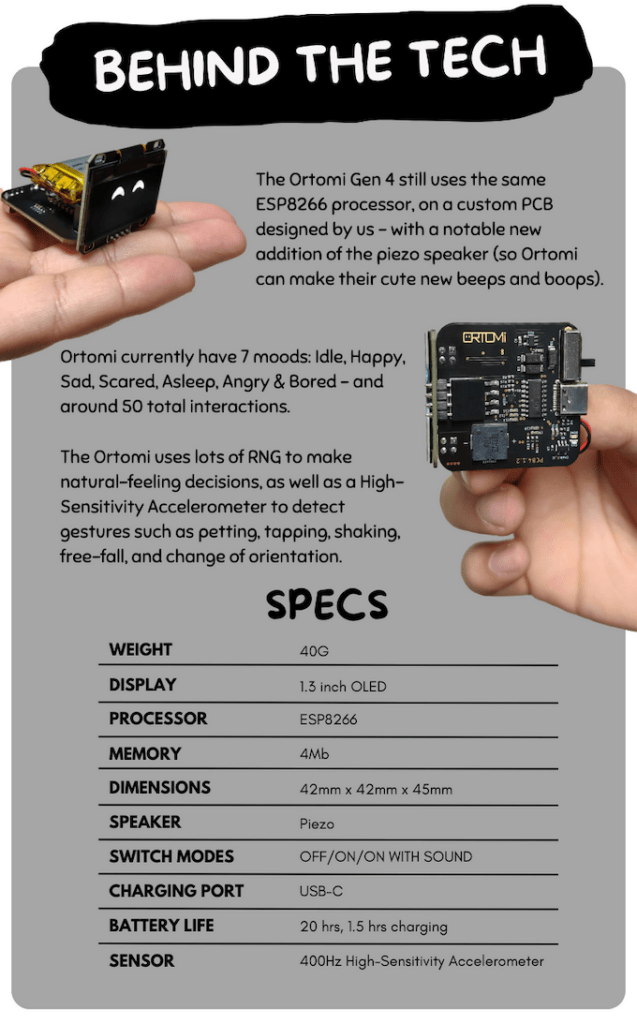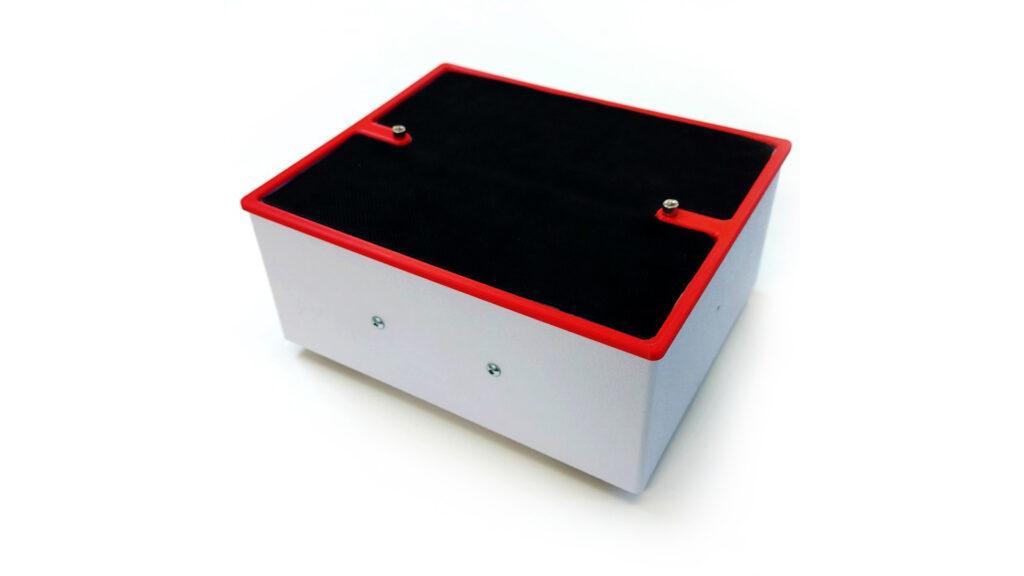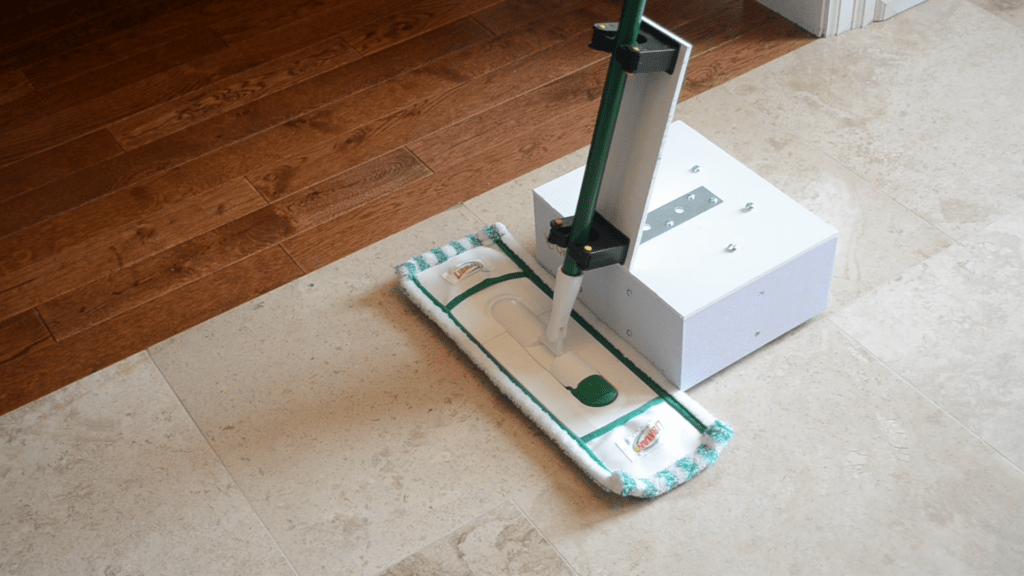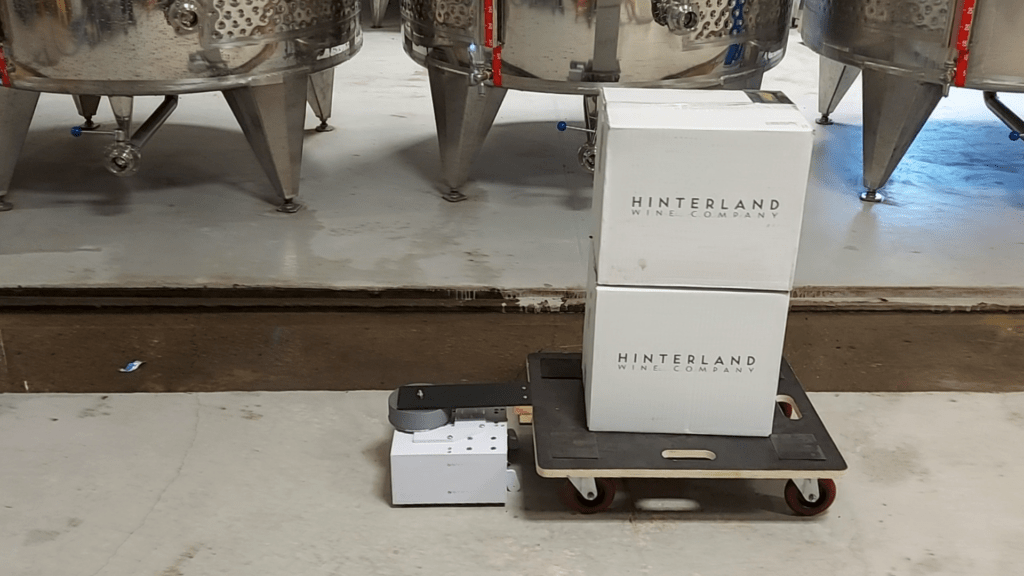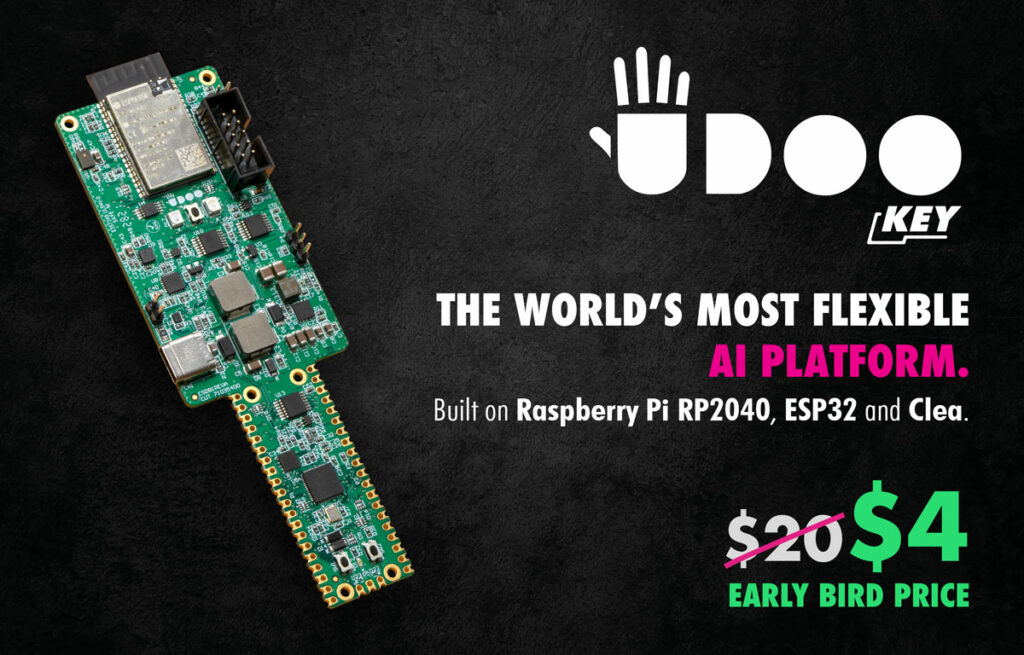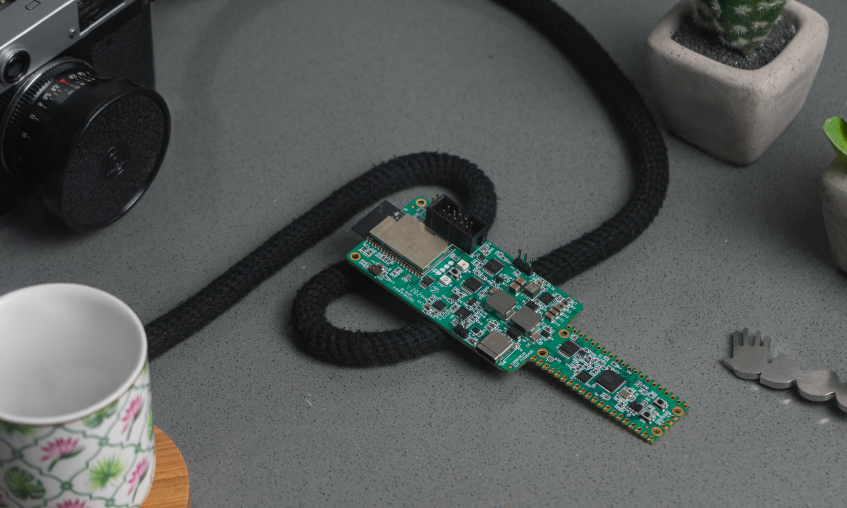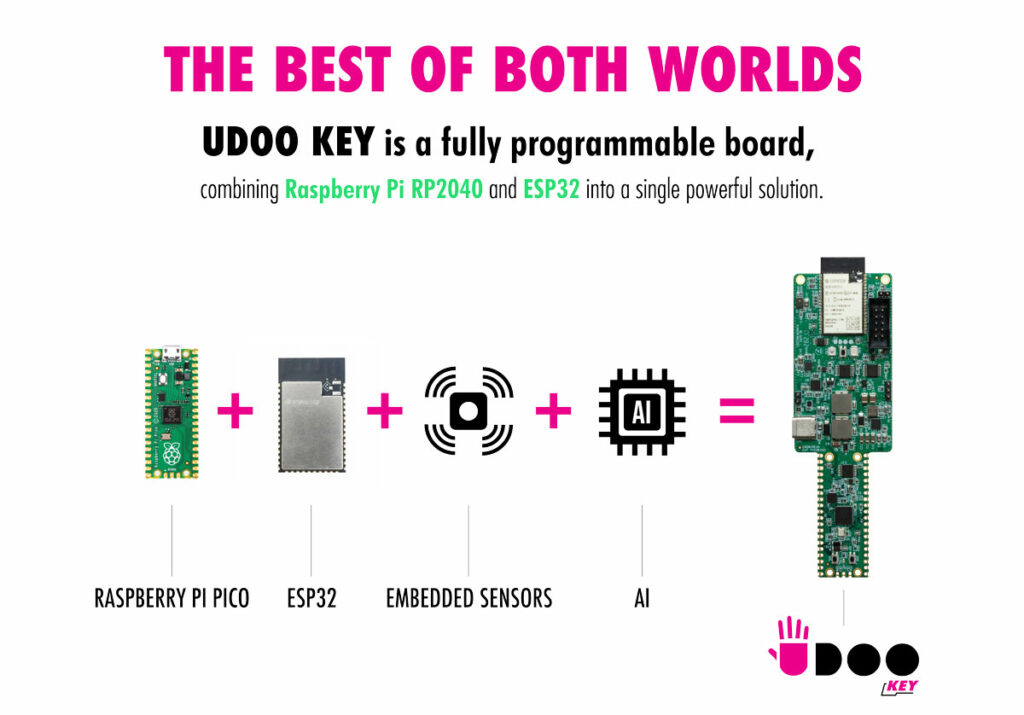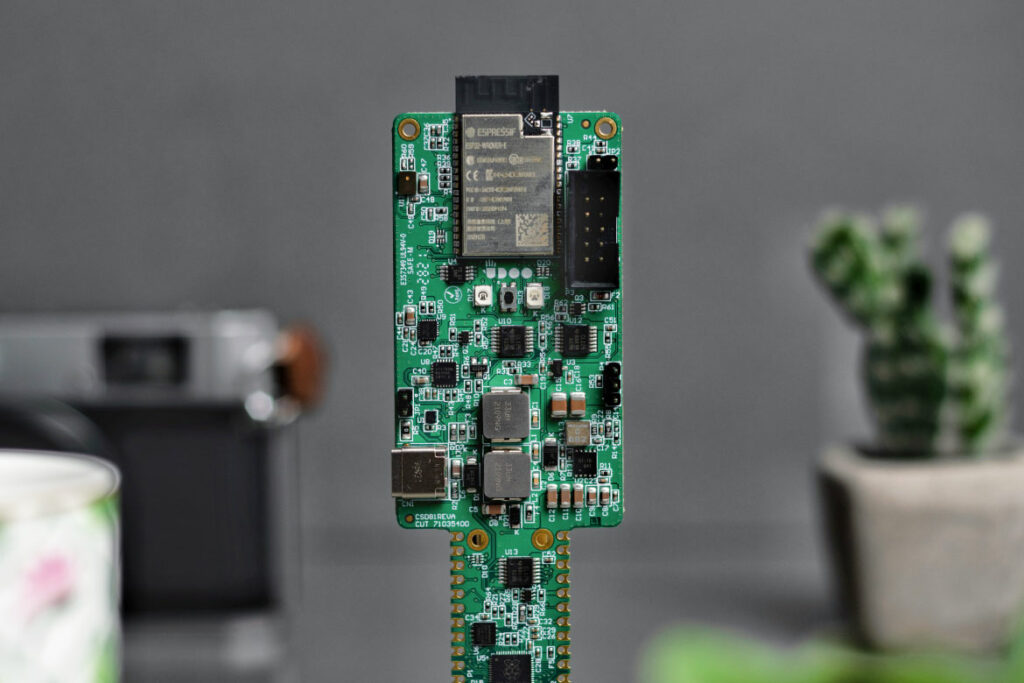Robotistan, a pioneer in innovative educational solutions, has introduced a new STEM robot called BerryBot. Designed to help children develop coding and robotics skills, this creative and educational robot offers practical experiences in science, technology, engineering, and mathematics (STEM).

A New Era in Robotics Education
BerryBot is more than just a robot; it’s a learning platform that nurtures creativity and problem-solving skills. With its compact and customizable design, BerryBot allows users to paint and personalize their robot, thanks to its wooden body.
The wooden structure not only reflects an eco-friendly design approach but also allows children to shape their robots according to their own style. BerryBot is designed to be flexible enough for both classroom and home use.

Key Features
BerryBot’s innovative features support the development of both technical and creative skills:
- Customizable Wooden Body:
- Kids can paint their robots to reflect their unique style.
- Durable and sustainable construction.
- Versatile Coding Options:
- Block-based programming for beginners.
- Advanced programming with Python and Arduino IDE.
- User-friendly interface for an easy learning process.
- Multi-Mode Movement:
- Line-following, sumo, and free movement modes.
- Real-time visual feedback via the LED matrix display.
- Wireless control through Bluetooth connectivity.
An Educational Tool Combining Coding Skills with Creativity
BerryBot offers young aspiring engineers a fun and educational experience. While creating different movement scenarios, children not only enhance their problem-solving skills but also develop creative projects.
Thanks to BerryBot’s multi-mode structure, users can program the robot’s movement capabilities in various ways. This feature transforms BerryBot from being just a toy to a valuable educational tool that encourages creative thinking.
Mehmet Akçalı, Marketing and Product Director at Robotistan, highlighted the educational features of BerryBot:
„BerryBot offers a practical and fun way for children to step into the world of STEM. Combining coding skills with creative projects, this robot will become an indispensable educational tool for both teachers and parents.“
He also mentioned a special opportunity for early supporters:
„We’re thrilled to announce our Kickstarter campaign, where backers can take advantage of the Early Bird offer. Additionally, as part of our commitment to supporting STEM education, for every 10 pledges, we will gift one BerryBot to a school or an educational organization in need. This way, our supporters not only get an amazing educational robot but also help inspire the next generation of young innovators.“
Shaping the Engineers of the Future
As the importance of STEM education continues to grow, innovative tools like BerryBot are preparing young minds for the future. With its fun yet educational nature, BerryBot strengthens children’s coding, algorithmic thinking, and problem-solving skills while also inspiring creative projects.
Robotistan emphasizes that BerryBot is not just an educational robot but also a platform where children can express themselves. Produced with this vision in mind, BerryBot is ready to make a difference both at home and in educational environments.

To learn more about BerryBot and to be among the first to own it and take advantage of the Early Bird offer, visit the Kickstarter page!
